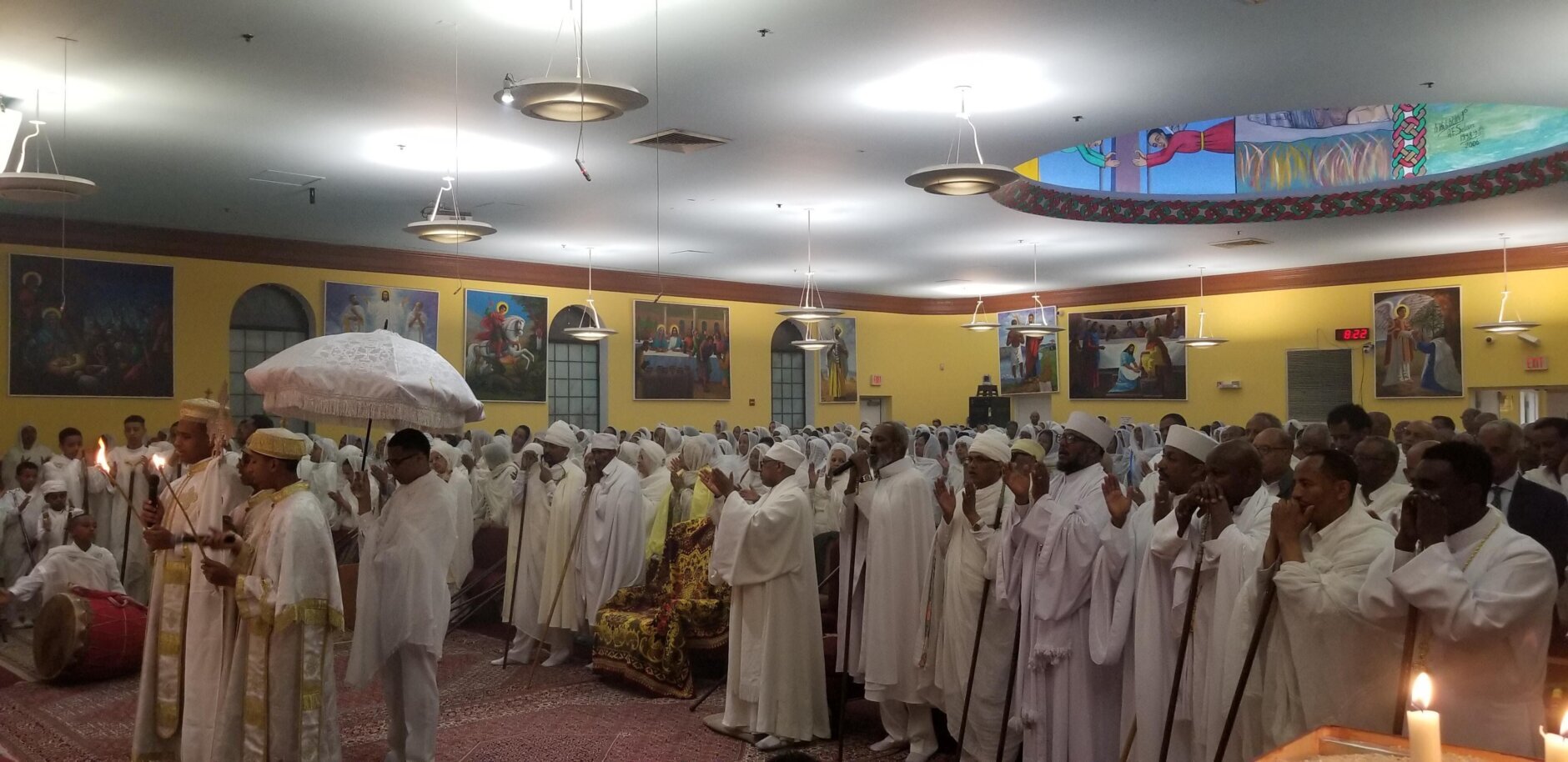
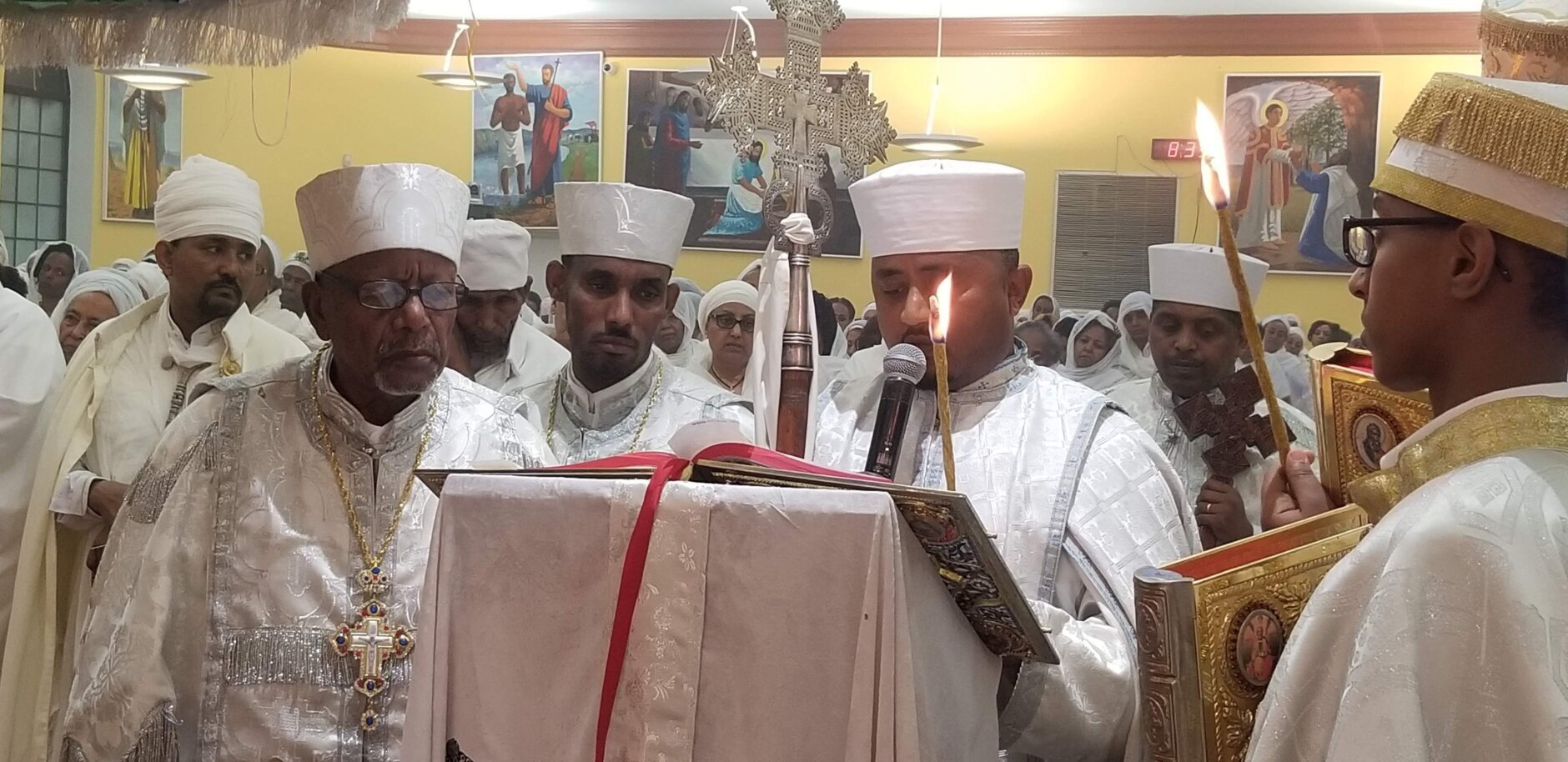
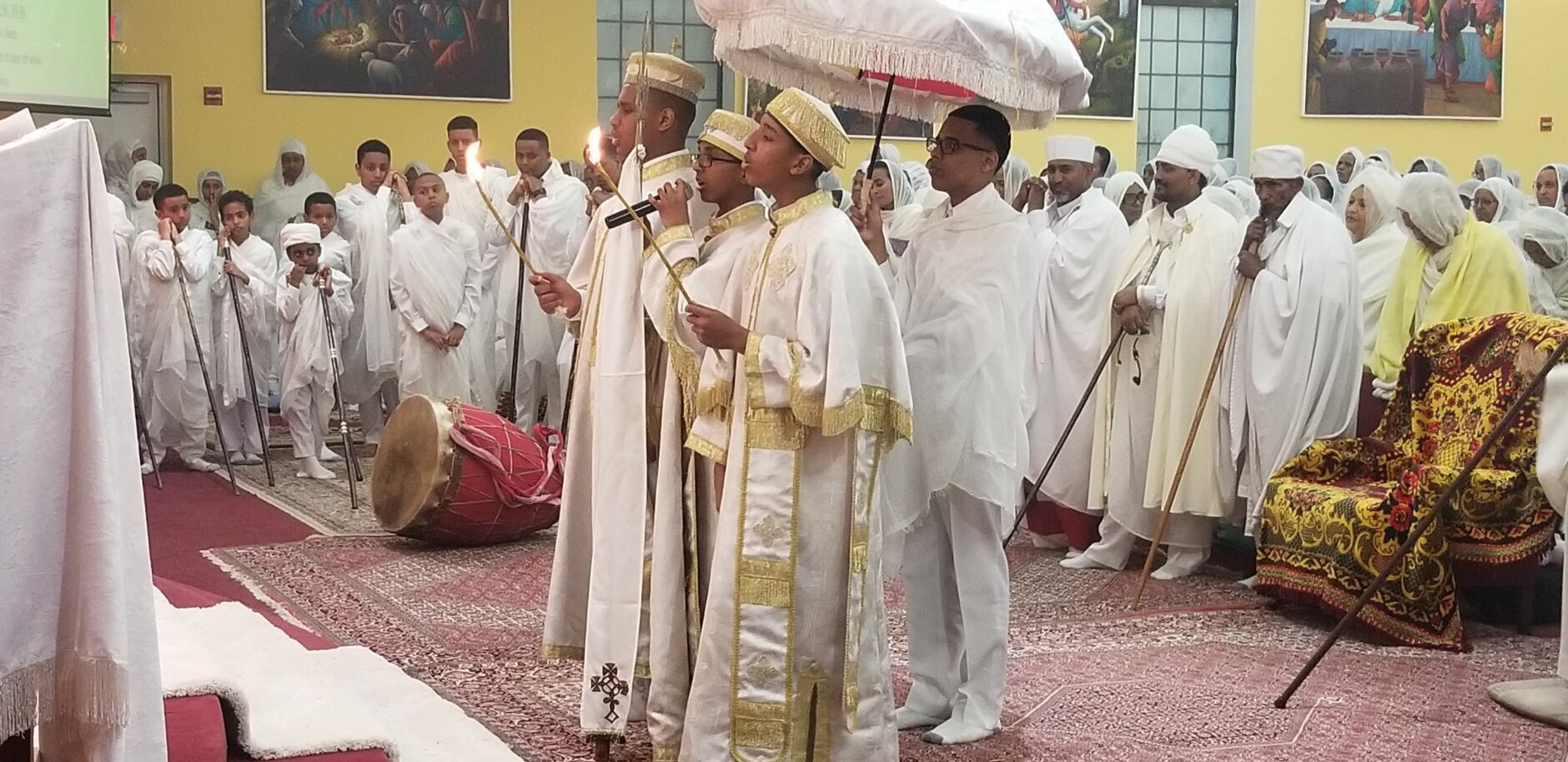
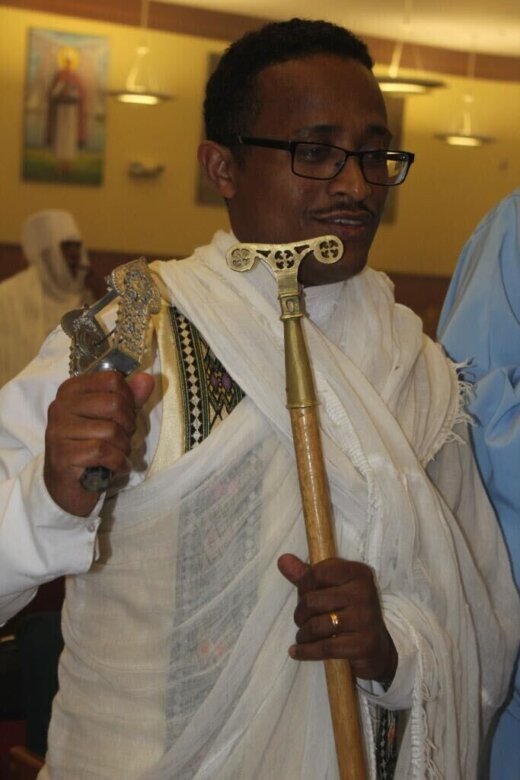
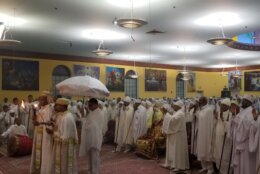
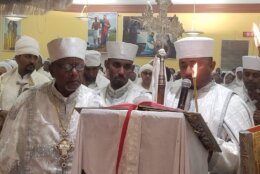
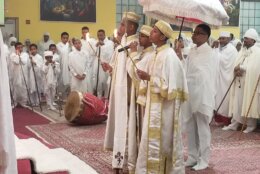

Easter is a time to celebrate the resurrection of Jesus Christ, and a day people can go egg hunting or feast on their favorite meals. But not everyone celebrates the holiday on the same day.
Orthodox Christian churches in Ethiopian, Eritrean, Greek, Russian and Serbian cultures will be celebrating their Easter on Sunday, April 16, in accordance with the Julian calendar instead of the Gregorian calendar.
Easter for Orthodox Christian Greeks is called Pascha. For Serbians, it’s called Uskrs or Vaskrs, and for Ethiopians and Eritreans, it’s called Fasika or Tensae.
Abiy Tsom, or the Great Lent, is one of the seven fasting seasons for the Ethiopian and Eritrean Orthodox churches. Those who observe spend 55 days in prayer, avoid meat and dairy products, and take part in almsgiving or giving money or food to poor people.
In January, Orthodox Christians in D.C. and around the world celebrated their annual Christmas.
According to Bineyam Gebrewold, a Sunday school teacher at Debre Genet Medhane Alem Ethiopian Orthodox Church in Temple Hills, Maryland, Easter is “a day of spiritual victory,” when Jesus Christ “redeemed all mankind from sin.”
“Without Jesus Christ’s death, there is no way that we sinners approach God and there is no way that we enter the kingdom of God,” Gebrewold said.
He said Easter caused “all of us in the world to live in expectation of the promised life after death.”
Gebrewold will be among the millions of Orthodox Christians that will celebrate starting at 6 p.m. Saturday until the early morning hours of Sunday. There will be the prayers, chanting, candle vigil and the Holy Liturgy, which is a public ritual of worship.
After the church service ends, Ethiopians and Eritreans will enjoy their special Doro Wot or spicy chicken stew to break their fast. They also enjoy different dishes made with lamb, beef, eggs and cottage cheese.
“This day is a day that we wait throughout the year to celebrate, to receive the goodness of God, and to reconcile with God,” Gebrewold said. “It is a very, very special day that we celebrate as a family, as a community and then at the personnel level, too.”
As it relates to his role as a Sunday school teacher, Gebrewold said that it’s an “ever ending process.”
“It is a very humbling opportunity to teach the children of God to shape them with proper Christian values, trying to instill goodness in them,” he said. “As I teach, I learn on a daily basis, and then the interaction that I do with my young and adult students is really humbling.”








